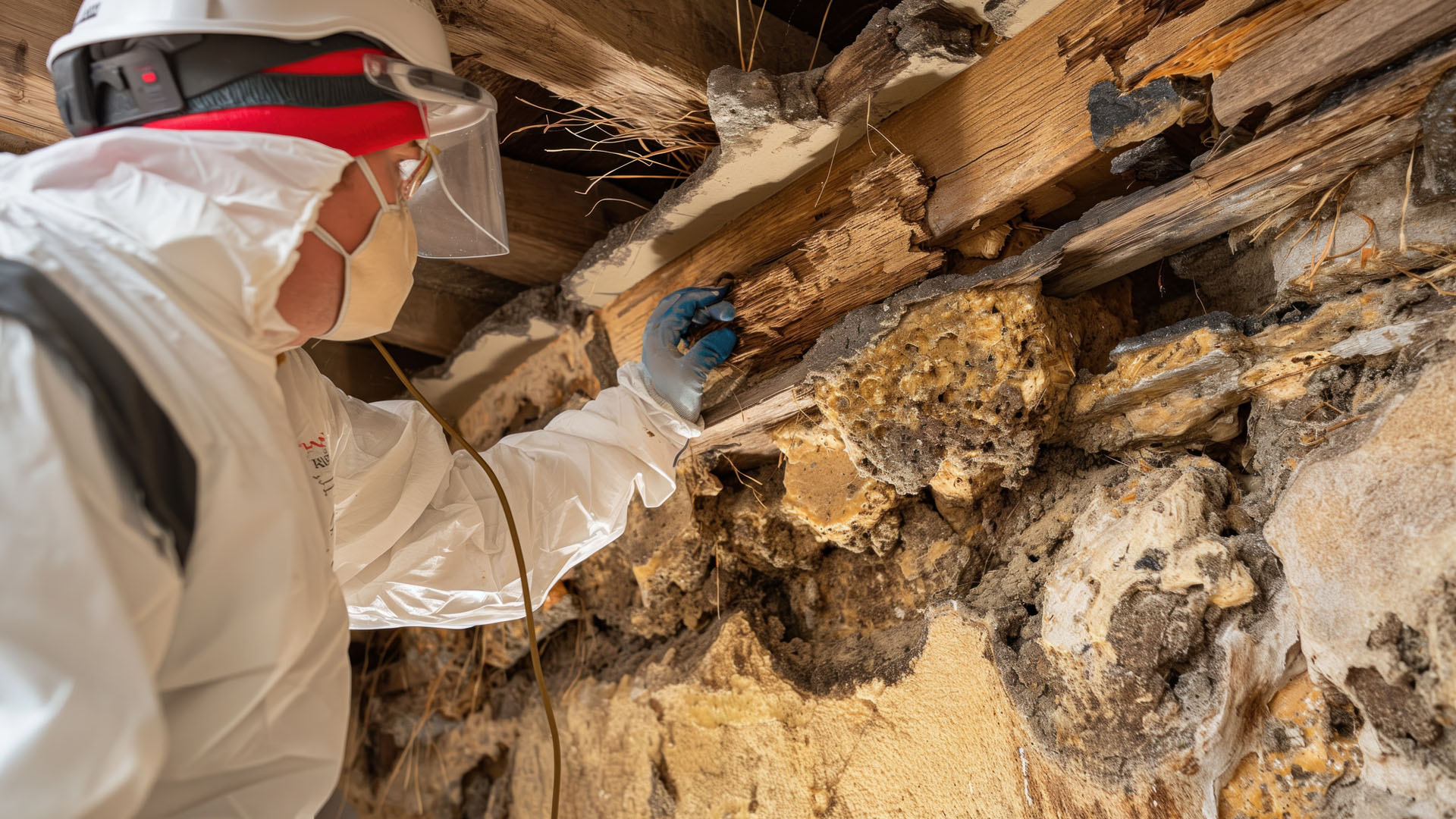
In the bygone days of real estate, first-time buyers could chase the elusive American Dream by investing in a modest, straightforward abode that paved the way for future wealth. These cherished “starter homes” were once readily available, offering a stepping stone into the world of homeownership. However, in today’s market, these humble abodes are becoming an endangered species, often carrying price tags that exceed the budgets of our eager first-time buyers. What has transpired to lead us to this juncture? Let’s delve into the key considerations when assisting first-time buyers in their quest for a starter home.
Understanding the Starter Home Concept
Defining a starter home can be subjective, but Fannie Mae provides a helpful benchmark, considering a starter home to be one with 1,400 square feet or less. Traditionally, starter homes are characterized by two bedrooms, one or two baths, and fewer amenities than more permanent residences.
The landscape has significantly shifted over the years, with only about 8 percent of new construction projects meeting the criteria for starter homes. In stark contrast, in the early 1980s, approximately 40 percent of new builds fit the starter home category. The 1940s, in particular, saw an astounding 70 percent of homes constructed with 1,400 square feet or less. In today’s world, even homes classified as “smaller” often exceed 2,000 square feet, despite the decreasing average household size in America.
The Disappearance of Starter Homes
Why are builders shying away from constructing starter homes? It boils down to economics. Builders contend they can no longer profit from these smaller, affordable homes. Land prices have surged, especially in areas with high employment rates. Simultaneously, building materials and labor costs have experienced significant inflation. Additionally, builders must now shoulder a larger portion of the infrastructure development costs, as government regulations impose additional financial burdens. These factors combined make it exceedingly challenging for builders to create a $200,000 home while maintaining profitability.
Even existing starter homes have become elusive to many first-time buyers due to escalating land prices. Furthermore, investors armed with cash are snatching up these properties, just as demand for them is rising. Downsizing empty nesters and young adults without children who prefer smaller homes contribute to this demand surge. As of early 2022, investors accounted for a staggering 28 percent of single-family home purchases. Although the investor activity has somewhat subsided since then, it remains higher than historical averages.
Guiding First-Time Buyers in the Quest for a Starter Home
Given these market dynamics, searching for a starter home remains challenging for first-time buyers. To secure an affordable first home, prospective buyers should be open to compromises, such as accepting a smaller property than initially desired, considering neighborhoods that may be less desirable, or embracing homes that require substantial renovations. It’s essential to remember that a starter home need not be a forever home. By building equity in an initial property, even if it falls short of dream home expectations, first-time buyers can position themselves for future homeownership goals.
As real estate agents, understanding these market shifts and challenges will enable us to serve our first-time buyer clients better. By providing them with the necessary insights and guidance, we can help them navigate the ever-evolving real estate landscape and inch closer to achieving their homeownership dreams.
Ready to equip yourself to serve first-time buyers better? Download Top 5 First-Time Homebuyer Questions and gain the insights needed to guide them through the ever-evolving real estate landscape. Help them achieve their homeownership dreams with confidence!
When you join Fathom Realty, you will have access to extensive training, cutting-edge technology, and local support from experienced leaders. We are committed to helping you grow your business and succeed in the real estate industry. Join us and become part of the Fathom family that values service, strong culture, and excellence in all that we do.
More in Business Building
Could Federal Land Sales Help Solve the Housing Shortage?
Latest on the Blog



